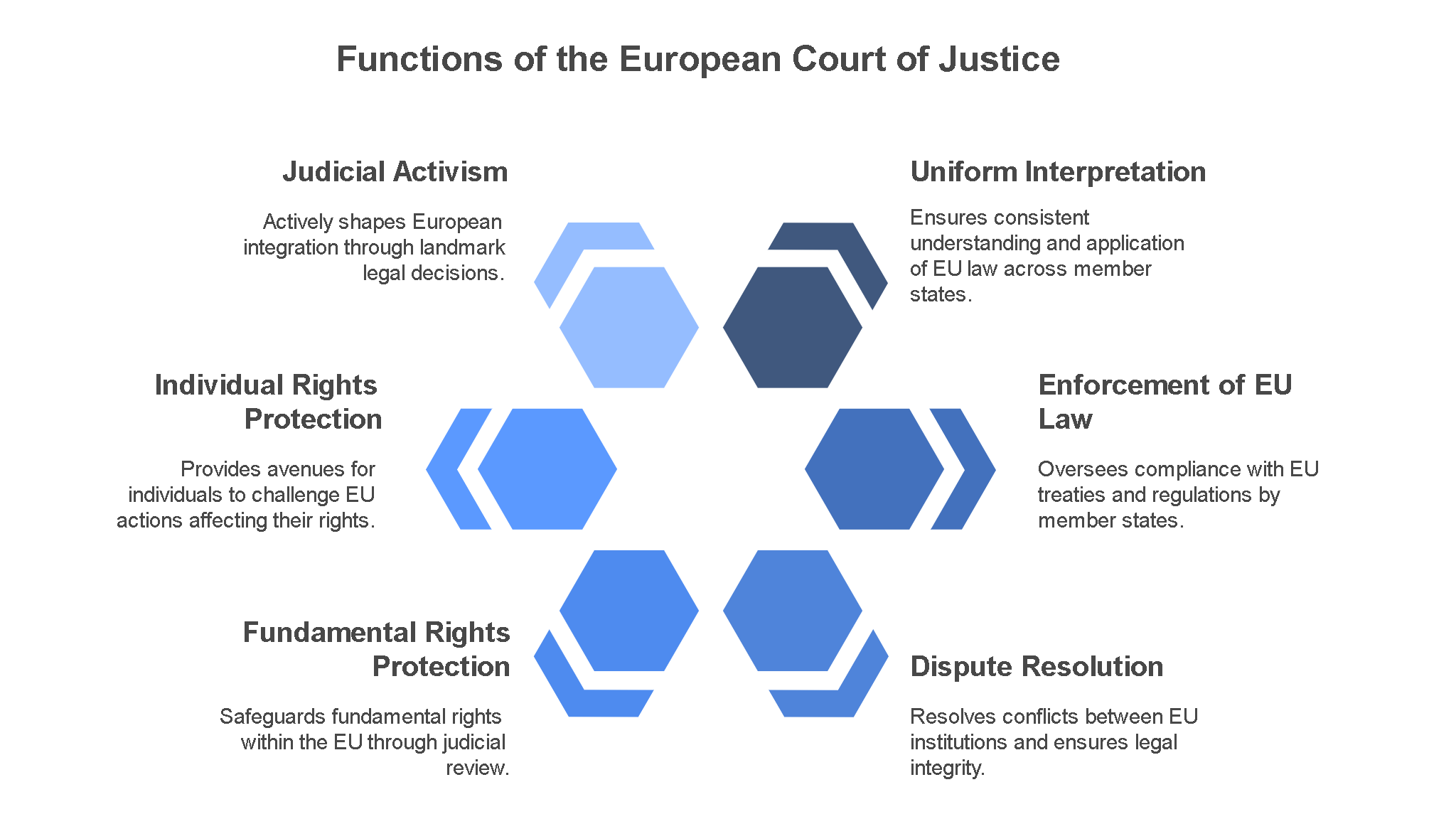The Political Economy of Development (PED) is a multidisciplinary field that examines the interaction between politics, economics, and social factors in shaping development outcomes in countries around the world. It seeks to understand the complex dynamics of power, institutions, and policies that influence economic growth, poverty reduction, and social progress. This essay explores the important aspects of the Political Economy of Development, including historical context, governance structures, economic policies, social inequalities, and international relations.
1. Historical Context
The historical context is crucial for understanding the political economy of development, as it shapes the trajectory of countries’ economic and political systems. Colonial legacies, post-colonial transitions, and historical injustices have enduring effects on institutions, governance structures, and socio-economic disparities. The legacy of colonization, for example, has left many developing countries with extractive institutions, weak governance, and persistent poverty.
2. Governance Structures
Governance structures play a central role in shaping development outcomes by determining the quality of institutions, the rule of law, and the distribution of power and resources. Effective governance is essential for promoting transparency, accountability, and the rule of law, which are critical for fostering economic growth, attracting investment, and reducing corruption. Weak governance, on the other hand, can lead to rent-seeking behavior, elite capture, and institutional dysfunction.
3. Economic Policies
Economic policies, including fiscal, monetary, trade, and industrial policies, have significant implications for development outcomes. The choice of economic policies influences the distribution of resources, the allocation of investment, and the pace of economic growth. Pro-poor policies that promote inclusive growth, job creation, and social protection can help reduce poverty and inequality, while neoliberal policies that prioritize market deregulation and privatization may exacerbate social disparities and environmental degradation.
4. Social Inequalities
Social inequalities, including income inequality, gender disparities, and ethnic divisions, are key determinants of development outcomes. Inequalities in access to education, healthcare, and employment opportunities can hinder social mobility, perpetuate poverty traps, and undermine social cohesion. Addressing social inequalities requires targeted interventions, such as affirmative action programs, social safety nets, and investments in human capital development.
5. International Relations
The dynamics of international relations, including trade, aid, investment, and geopolitical rivalries, shape the political economy of development at the global level. International trade and investment can stimulate economic growth and technological transfer, but they can also perpetuate dependency, unequal exchange, and vulnerability to external shocks. Development assistance, while providing much-needed resources for poverty reduction and infrastructure development, can also be conditional, politically motivated, or ineffective in addressing structural constraints.
Conclusion
In conclusion, the Political Economy of Development encompasses a wide range of interrelated factors that influence development outcomes in countries around the world. Understanding the historical context, governance structures, economic policies, social inequalities, and international relations is essential for analyzing the complex dynamics of development and designing effective strategies for promoting sustainable and inclusive growth. By addressing the underlying political, economic, and social drivers of development, policymakers, practitioners, and scholars can work towards building more resilient, equitable, and prosperous societies.



Leave a Reply